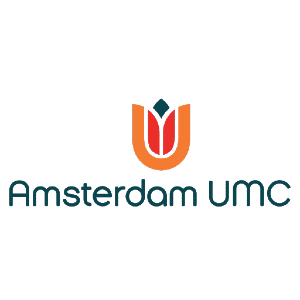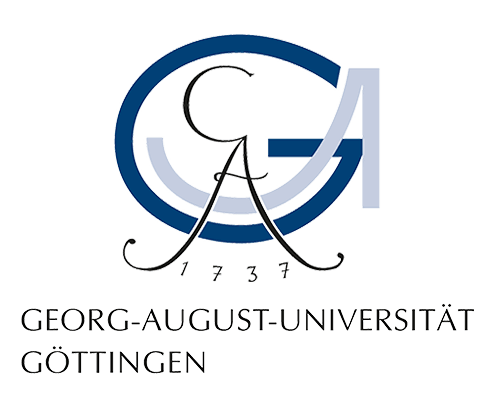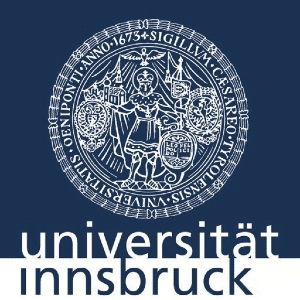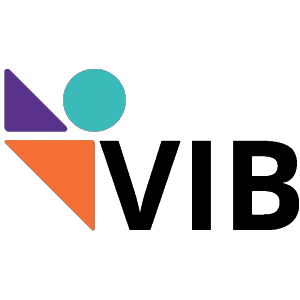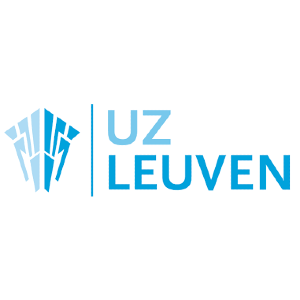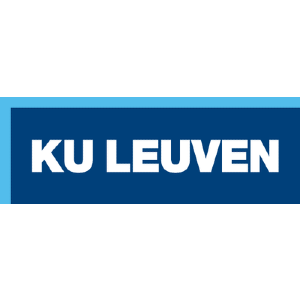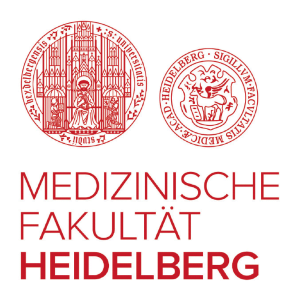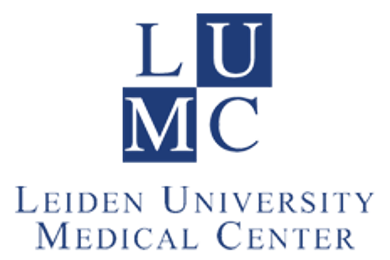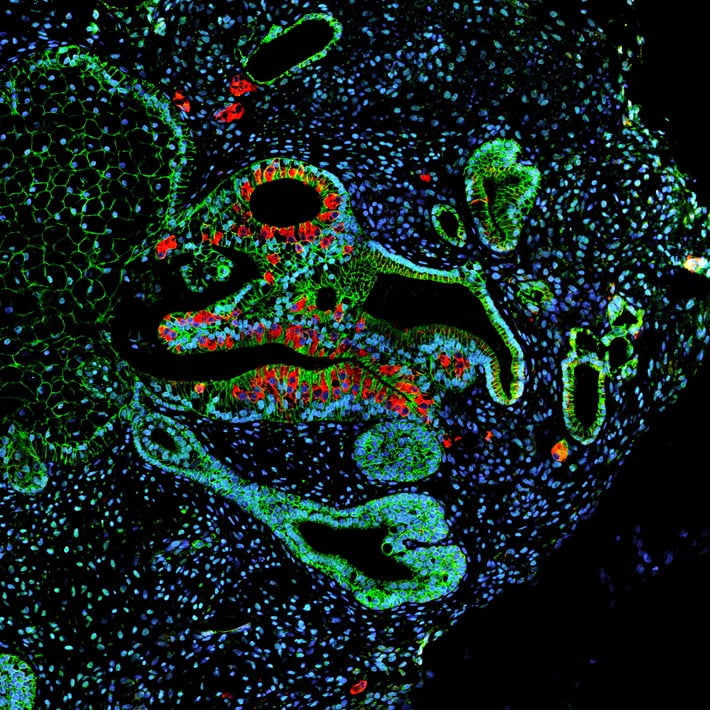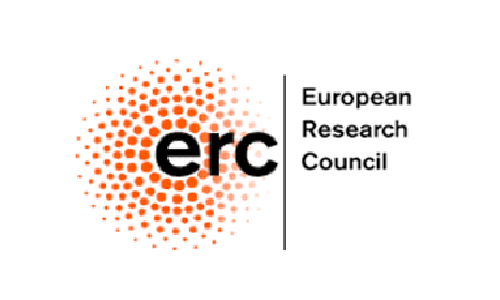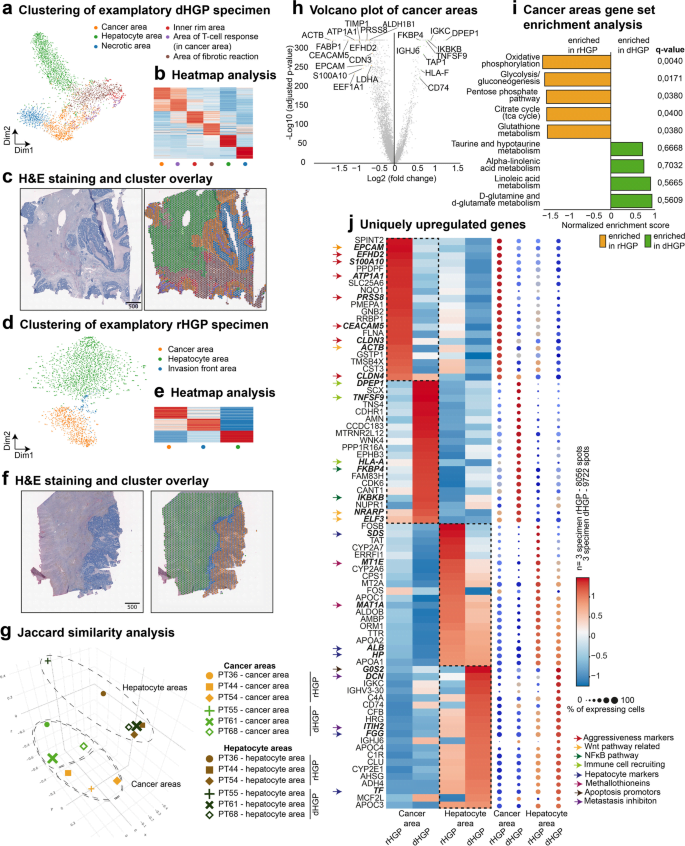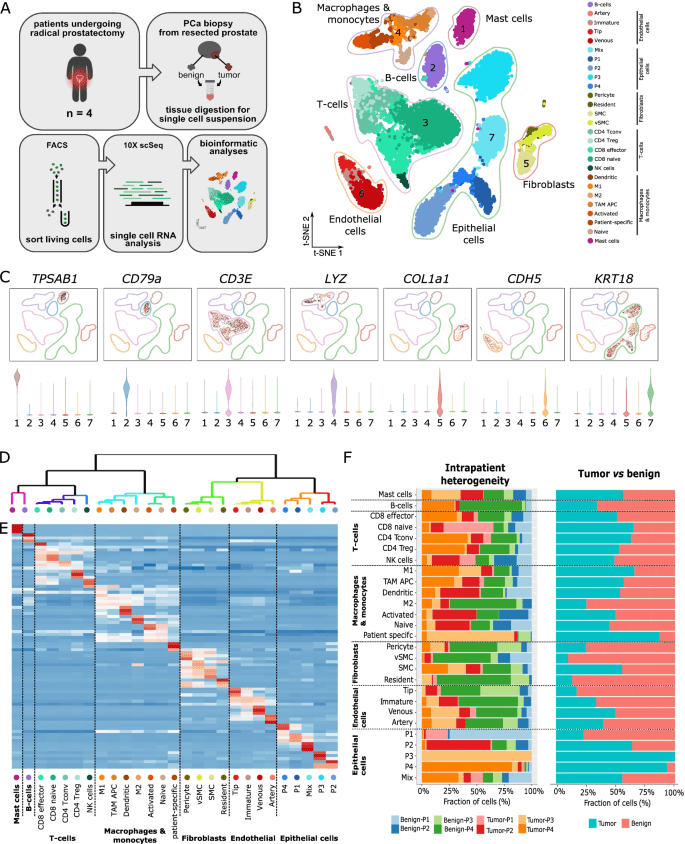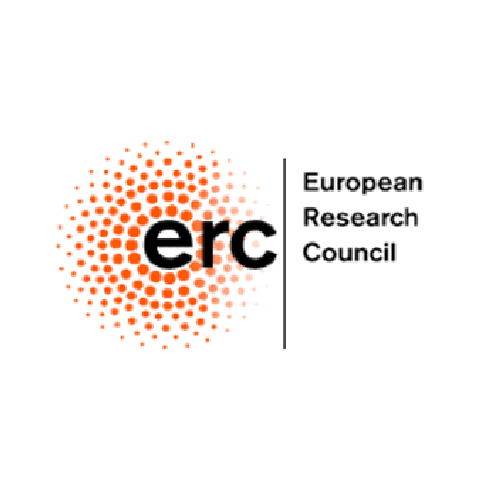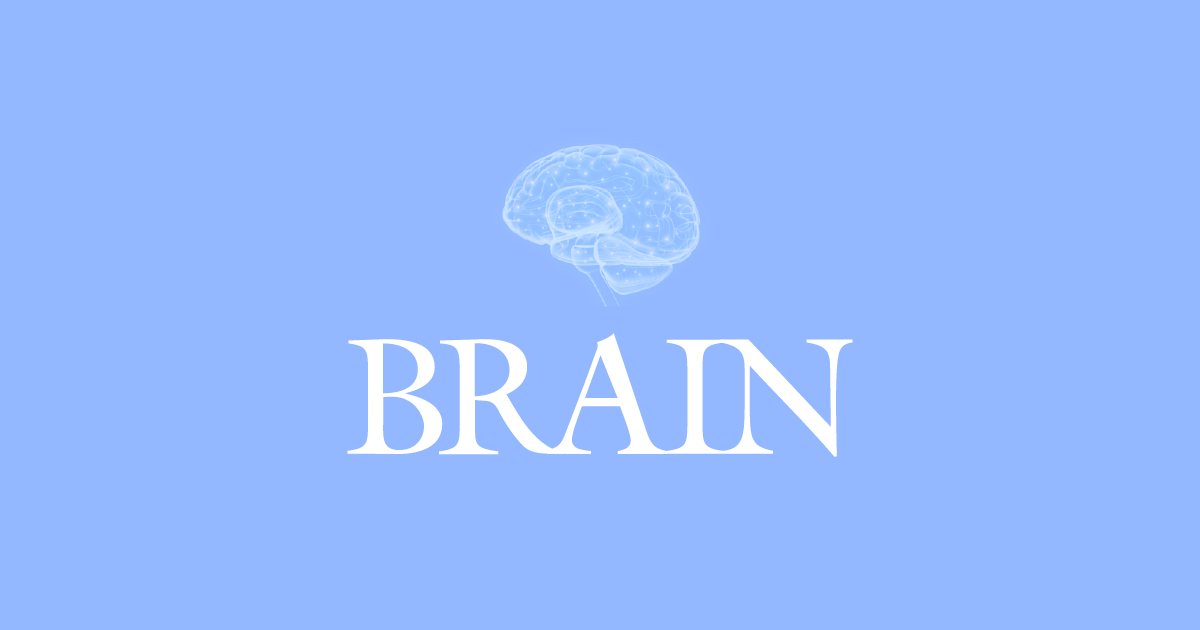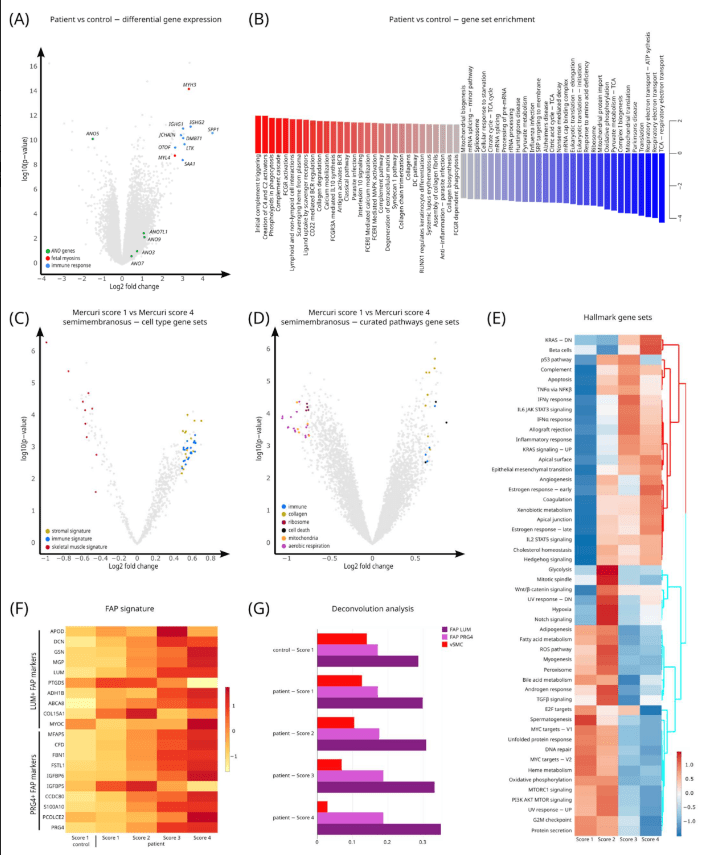Key results
- The study is not yet published, a data portal will follow
- UniApp consulting support
- UniApp product features
Situation
Dr. Heiko Locher is a principal investigator and an ear, nose and throat surgeon working on neurological and developmental disorders of the ear and implants. He is associated with the Leiden University Medical Center, located in the Netherlands and part of the Novo Nordisk Foundation supported reNew consortium that focuses on clinical translation of stem cell research. Dr. Locher has published 20+ research papers, is co-promotor for 5 PhD students, for which he was nominated by the LUMC association for PhD candidates as Supervisor of the Year in 2021.
Heiko’s research focuses on understanding the inner ear and ultimately use this information to find treatments for balance and hearing disorders. Currently there are no therapies for these disorders. The focus of the research group is translative, trying to restore a person’s hearing and/or balance using gene editing, organoid systems, stem cell technology and data science.
Challenge
Previously in 2023, the Locher lab used scRNA-seq to characterize their human inner ear organoid cultures compared to micro dissected tissue. They found that several clinically important cell types were missing in the organoid cultures.
Now, the lab hypothesized that a highly novel, currently unpublished, scRNA-seq dataset that the lab generated on human fetal inner ear cells could be used to inform decisions on how to adjust organoid differentiation protocols to stimulate the development of specific cell types. Since differentiating organoids and cell type read-out is highly costly, labor intensive and takes a minimum of three months, the lab decided search support to develop an effective strategy to de-risk target identification. Adding to the challenge, the team had limited access to seasoned bioinformatics nor experience in publishing highly novel scientific discoveries in top-ranked journals. The lab recognized that they could benefit from sparring and support to navigate this challenge.
Solution
Unicle assessed the challenge and devised a strategy leveraging the UniApp and Unicle consultancy. Recognizing the lab’s limited resources and need for expert guidance, Unicle deployed a team of three consultants to perform data pretreatment (normalization and filtering) and clustering, producing a highly granular atlas of 40+ (sub)cell types within four weeks. The lead researcher, already experienced with scRNA-seq data analysis and inner ear biology, was trained on Unicle’s clustering approach and subsequently conducted clustering on multiple public and in-house datasets independently to refine the initial clustering.
In the following phase of the project, the lead researcher annotated clusters, performed initial biological characterizations and integrated results using Unicle’s UniApp meta-analysis modules. Within three months, this process resulted in an extensive, fully annotated and cross-validated single-cell atlas with very high resource value.
Unicle then designed six target identification strategies to stimulate the differentiation of specific cell types in organoid cultures. These strategies, based on the lead researcher’s biological insights, were refined through close discussions with the project team. Subsequently, the Locher team executed these strategies using the UniApp and interpretated the results to define treatment strategies to induce cell type differentiation. When validating these findings in the wet lab, treatment of these organoids lead to the emergence of the anticipated cell types in the organoid cultures. This validation confirmed the target identification strategy and established a reliable procedure for identifying additional approaches to stimulate the differentiation of specific cell types in organoid systems.
Result
The collaboration with Unicle led to significant advancements in the Locher lab’s research. Within three months, a comprehensive, fully annotated, and cross-validated single-cell atlas was created. The target identification strategies developed by Unicle and the research team successfully stimulated the differentiation of specific cell types in organoid cultures. The emergence of the anticipated cell types in treated organoids validated the target identification approach, enabling the lab to design further effective treatments. It is expected that this breakthrough not only addressed the immediate research challenge but also provides a robust framework for future studies aimed at developing therapies for balance and hearing disorders.
At time of writing this case study, the research was not submitted for publication yet. We will update this text once the study is published.
“It is so incredibly amazing that we have pulled this off!“
Dr. MD Heiko Locher
Principal Investigator Department of ear, nose and throat, Leiden University Medical Center
Principal Investigator stem cell reseacher ear diseases, reNEW program
Background client and contact details
Proud to accelerate biomedical research at our clients
